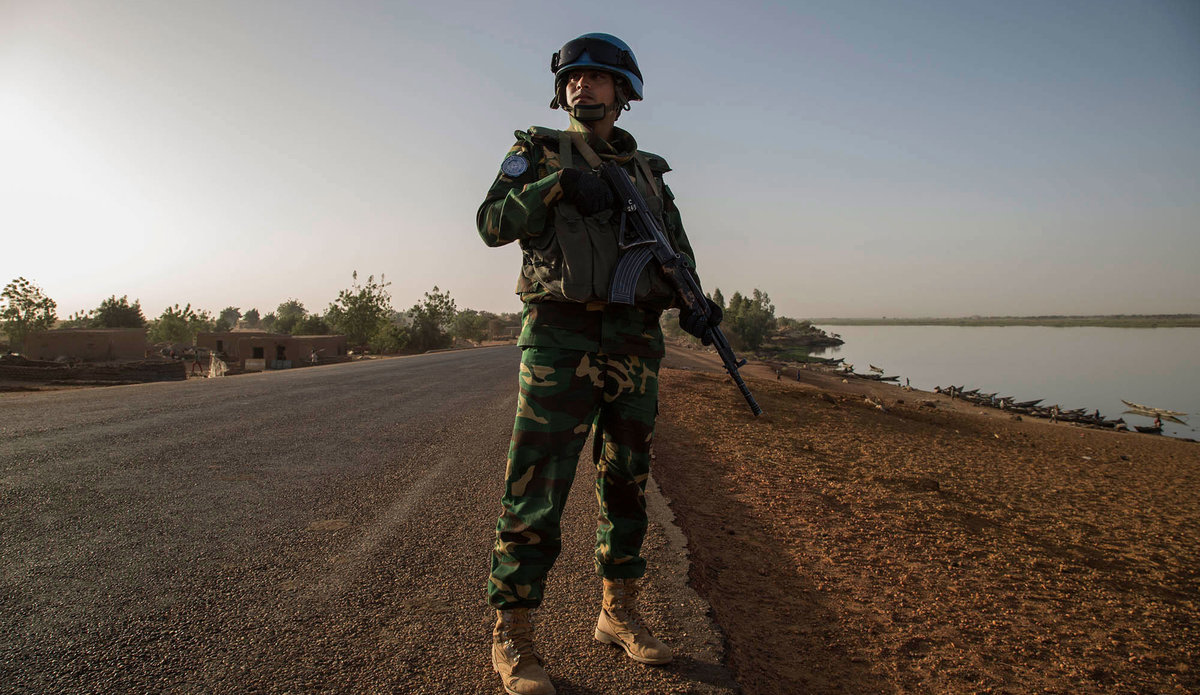A military base in Gao, northern Mali, was the target of a suicide attack on Friday, according to a statement released by the Malian army on social media. This incident comes a day after a series of attacks that left 64 people dead, raising concerns over escalating tensions in the region.
Details of the Mali Attack
The army described the assault on the airport section of the base as a “complex” attack, providing no further details but confirming that “response and assessment are underway.” An airport employee disclosed to AFP that the attack involved two car bombs and gunfire, leading to the closure of the airport section of the base.
“The region– the cradle of a jihadist insurgency that has swept into three Sahel nations – has seen a resurgence of tension in recent weeks, triggered in part by the pullout of UN peacekeeping troops from Mali,” the army noted on social media.
Previous Attacks and Casualties
On Thursday, suspected jihadists carried out two separate attacks: one targeting a ferry on the Niger River and another striking an army position at Bamba, located in the Gao area. The provisional government toll reported 49 civilian and 15 soldier fatalities, although it remains unclear how many died in each incident. A group affiliated with Al-Qaeda has claimed responsibility for the attacks.
The river boat, which was attacked by “armed terrorist groups,” according to the Malian army, facilitated transport between cities along the Niger, a vital route in a region with poor road infrastructure and no railways. The boat was targeted with “at least three rockets” aimed at its engines, as reported by the operator Comanav. Images circulating on social media depicted black smoke billowing above the river, but these could not be independently verified due to the remote location of the incident.
National Mourning and Regional Instability
In response to the tragic events, the government has declared three days of national mourning starting from Friday. Mali, a country grappling with instability since a 2012 revolt, faces renewed fears over the future of a peace agreement signed in 2015. This agreement, already under strain following a 2020 coup, is further threatened by the recent increase in regional tensions.
The UN peacekeeping mission, instructed to exit Mali by the end of the year, recently transferred control of two bases near Timbuktu to the armed forces, a move that incited clashes with jihadists and former rebels.
“The northern rebellion was formally ended by a peace agreement signed between the region’s rebels and the Malian government in 2015. However, the fragile deal came under strain after the civilian government was toppled in 2020 and replaced by a junta,” a source explained.
Looking Ahead
As the region braces for potential further unrest, the Support Group for Islam and Muslims (GSIM), an alliance linked to Al-Qaeda, announced last month a blockade of Timbuktu, a historically significant city in northern Mali. This development, coupled with the recent attacks, signals a precarious period for Mali, with the withdrawal of UN peacekeeping forces adding to the complex dynamics of the ongoing conflict in the Sahel region.














